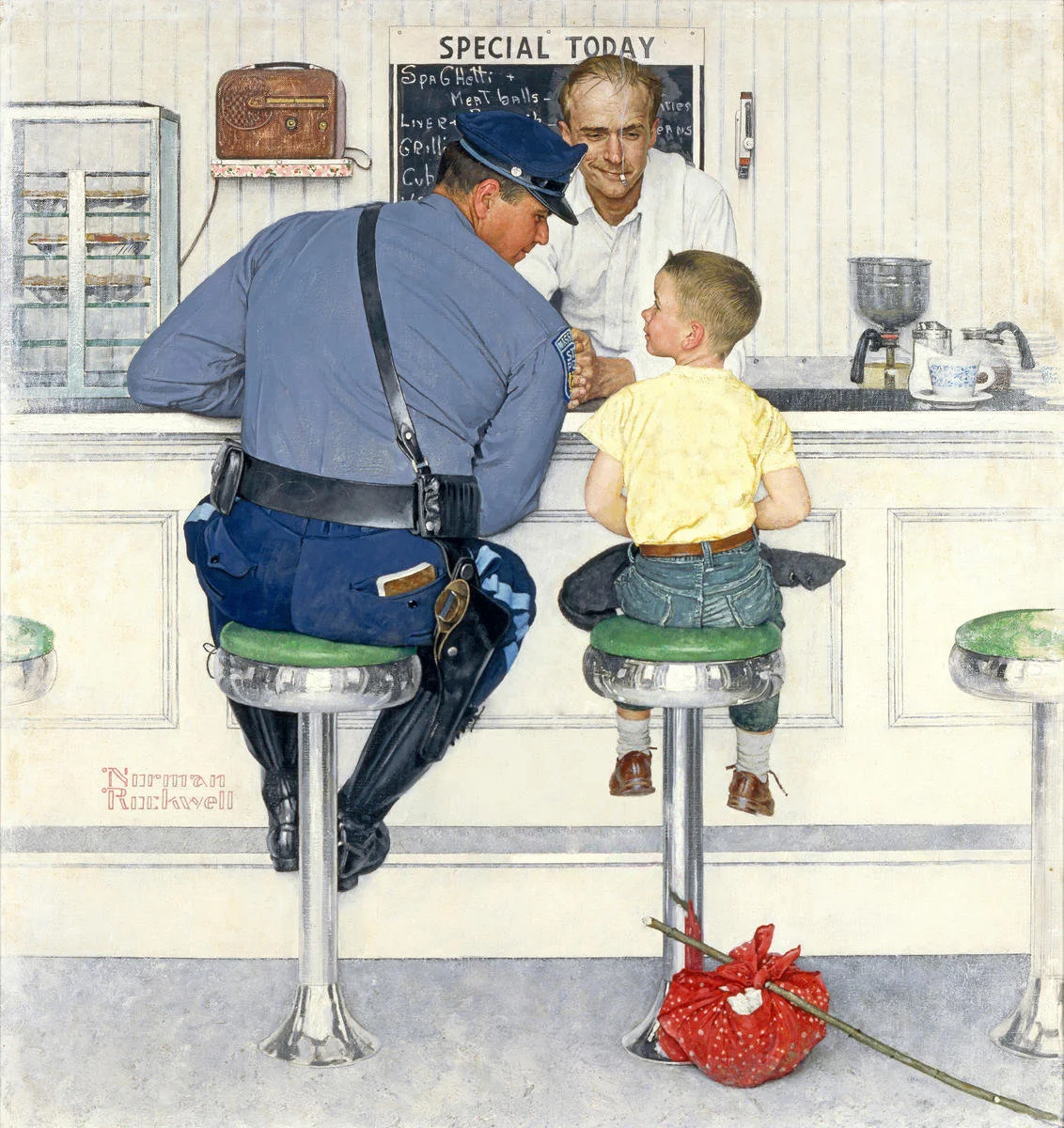Haunting Echoes: Scientists Seek Lessons from Rwanda's Genocide
Nisha Gaind
Summary
Scientists in Rwanda are researching the biological legacy of the 1994 genocide, discovering that survivors and their children often share unique epigenetic markings on their DNA related to trauma. While the concept of multigenerational inheritance remains scientifically debated, these findings are helping families understand psychological struggles and providing historical evidence to combat genocide denial.
Ntarama is the site of one of the many massacres that occurred during the 1994 genocide against the Tutsi in Rwanda — one of the worst atrocities of the late twentieth century. Starting on 7 April that year, in 100 days of horrifying violence, members of the Hutu ethnic group systematically killed an estimated 800,000 Tutsi — or more than one million, according to the Rwandan government and other sources. The killers ranged from militias to ordinary citizens, with neighbours turning on neighbours. Many moderate Hutu and some of the Twa minority group were also killed.
More than 5,000 Tutsi were murdered at Ntarama, among them babies, children and pregnant women, many of whom were raped before they were killed, says Evode Ngombwa, site manager at the Ntarama Genocide Memorial, one of six sites in Rwanda that commemorate the atrocity. “People used money to bribe the perpetrators so that they could choose the way of being eliminated. Instead of killing them with machetes, they could choose to be shot,” says Ngombwa as he walks me through the church. With more remains being found each year, about 6,000 people are now buried there in mass graves.
This month, Rwanda and the world begin commemorations to mark 30 years since the start of this atrocity. The genocide is now one of the most studied of its kind. Researchers from social and political scientists to mental-health specialists, geneticists and neuroscientists have investigated the event and its aftermath in a way that hadn’t been possible for previous atrocities.
This work is especially important now in light of violent crises in several parts of the world, including in Ukraine, Israel and Gaza, Sudan and the Democratic Republic of the Congo. Although there is debate about whether these conflicts meet the definition of genocide, some share similar characteristics. Research conducted into atrocities such as the genocide in Rwanda can help to inform responses and longer-term approaches to healing.
Despite the difficulties of these studies, researchers say that they are working towards developing a theory of genocide and the conditions that spur mass violence. They are providing guidance for first responders, as well as those involved in peacebuilding and supporting survivors of other systematic mass murders and of war. Some of their approaches have been used in other conflicts. And the research on Rwanda is offering lessons for how scholars can improve studies of similar events.
“Genocide studies are important,” says Phil Clark, an international-politics researcher at SOAS, part of the University of London, who has studied Rwanda for more than two decades. “If we can start to understand why and how genocides happen, and especially if we can compare genocides across the world, we should ideally be able to build a general theory of how these terrible events are even possible.”
One of the lessons emerging from Rwanda is the importance of involving — and supporting — local researchers, whose work, language skills and access to traumatized communities can be essential for understanding the roots of violence and the best techniques for reconciliation. This can be difficult — in Rwanda’s case because the genocide wiped out almost its entire academic community. Now, through programmes aimed at elevating local scholars’ voices, their work is finally reaching a wider audience.
